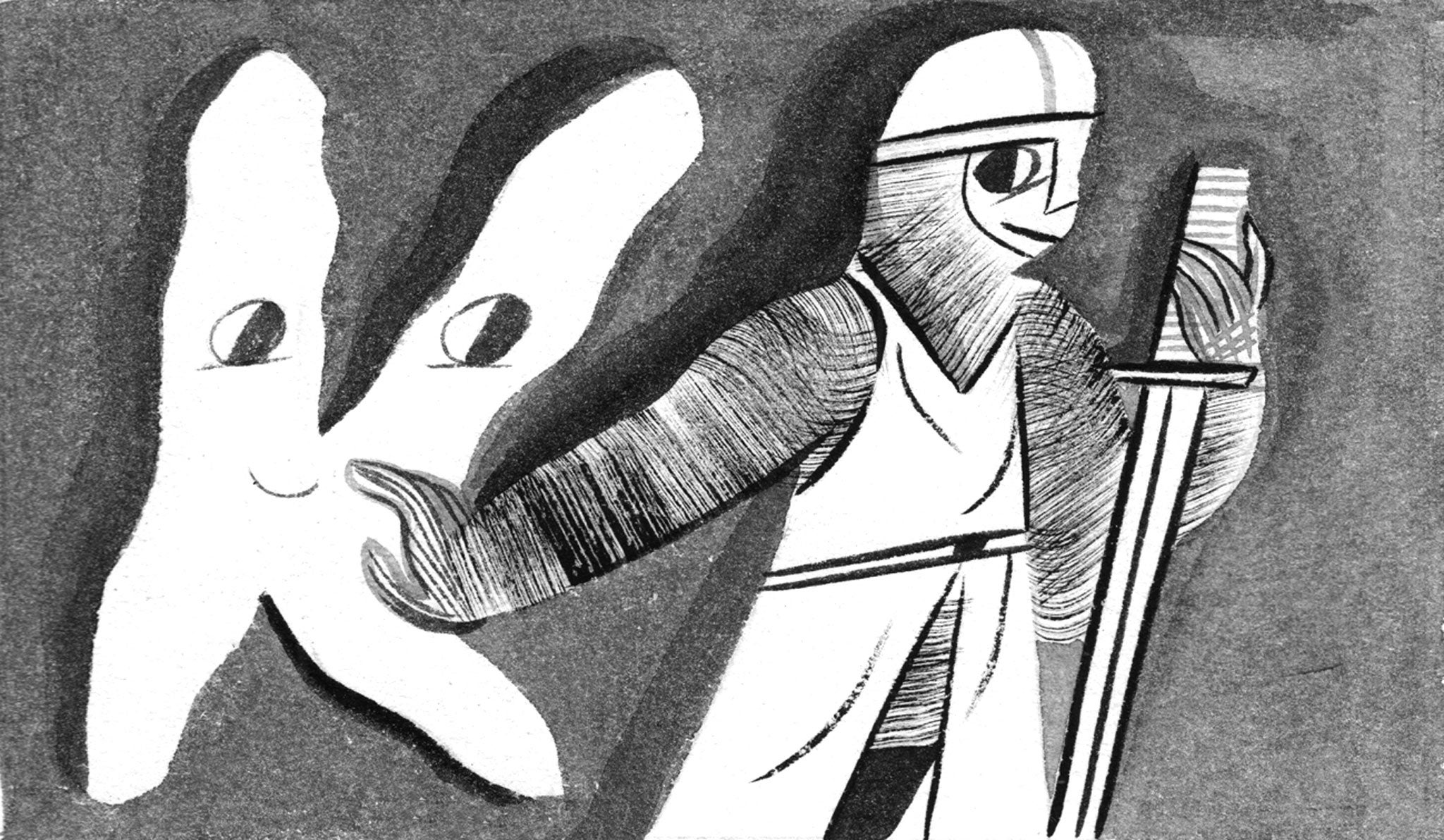The Independent's journalism is supported by our readers. When you purchase through links on our site, we may earn commission.

Your support helps us to tell the story
From reproductive rights to climate change to Big Tech, The Independent is on the ground when the story is developing. Whether it's investigating the financials of Elon Musk's pro-Trump PAC or producing our latest documentary, 'The A Word', which shines a light on the American women fighting for reproductive rights, we know how important it is to parse out the facts from the messaging.
At such a critical moment in US history, we need reporters on the ground. Your donation allows us to keep sending journalists to speak to both sides of the story.
The Independent is trusted by Americans across the entire political spectrum. And unlike many other quality news outlets, we choose not to lock Americans out of our reporting and analysis with paywalls. We believe quality journalism should be available to everyone, paid for by those who can afford it.
Your support makes all the difference.Silent letters are the ghosts of pronunciations past. The word 'knight', with its silent 'k', and silent 'gh', is cognate with the German word for servant, 'knecht', where every letter is pronounced.
Silent 'e' (eg, tot vs tote) is a bit more of a complicated story. In Chaucer's day, the 'e' was pronounced. So, in a word like 'bite' (not a real old-English example, but simpler for exposition) the 'e' at the end would have meant that the word was pronounced bi.te, with two syllables. In the Germanic language, open syllables had long vowels, so 'bit' would be short 'i', 'bite' would be long. Nowadays, the distinction between long and short vowels in English is actually more than just length because of the Great Vowel Shift.
So, whereas before, 'bite' would have been something like 'beetuh', the Great Vowel Shift and the eventual elision of the final 'e' makes its modern pronunciation 'byt' – silent 'e'.
Marc Ettlinger, PhD Linguistics UC Berkeley
Another process occurs when we borrow words from other languages. 'Tsunami' was borrowed from Japanese, and 'psychology' was borrowed from Greek. The initial consonant sounds in these words are not used in English, at least to start words. English ends words with those clusters, though: 'hats', 'chops'. The initial 'p' in 'psychology' (and 'pterodactyl', and other words from Greek) has become silent in English. Some English speakers – not all – simplify the word 'tsunami' by not pronouncing the initial 't', so that it fits in with the phonological rules of English.
Joe Devney, linguistic consultant
Often silent letters in English are actually diacritic letters. This means that rather than being pronounced, they change the pronunciation of another syllable. Compare the words 'fin' and 'fine'. The 'e' isn't pronounced, but it changes the pronunciation of the vowel by lengthening it. Consider also: 'fat'/'fate', 'hat'/'hate', 'don'/'done'.
There's another factor, too – when the printing press came to England, many of those who brought the new technology were Flemish and German. The printers had free rein, since spelling at that time was so non-standard. They added in a little something extra to make the words look more like the way they'd pronounce them back home. And because of the power of the printing press, their depredations on English spelling stuck.
Why do we have silent letters in the English language? originally appeared on Quora: The best answer to any question. Ask a question, get a great answer. Learn from experts and get insider knowledge. You can follow Quora on Twitter, Facebook, and Google+.

Join our commenting forum
Join thought-provoking conversations, follow other Independent readers and see their replies
Comments